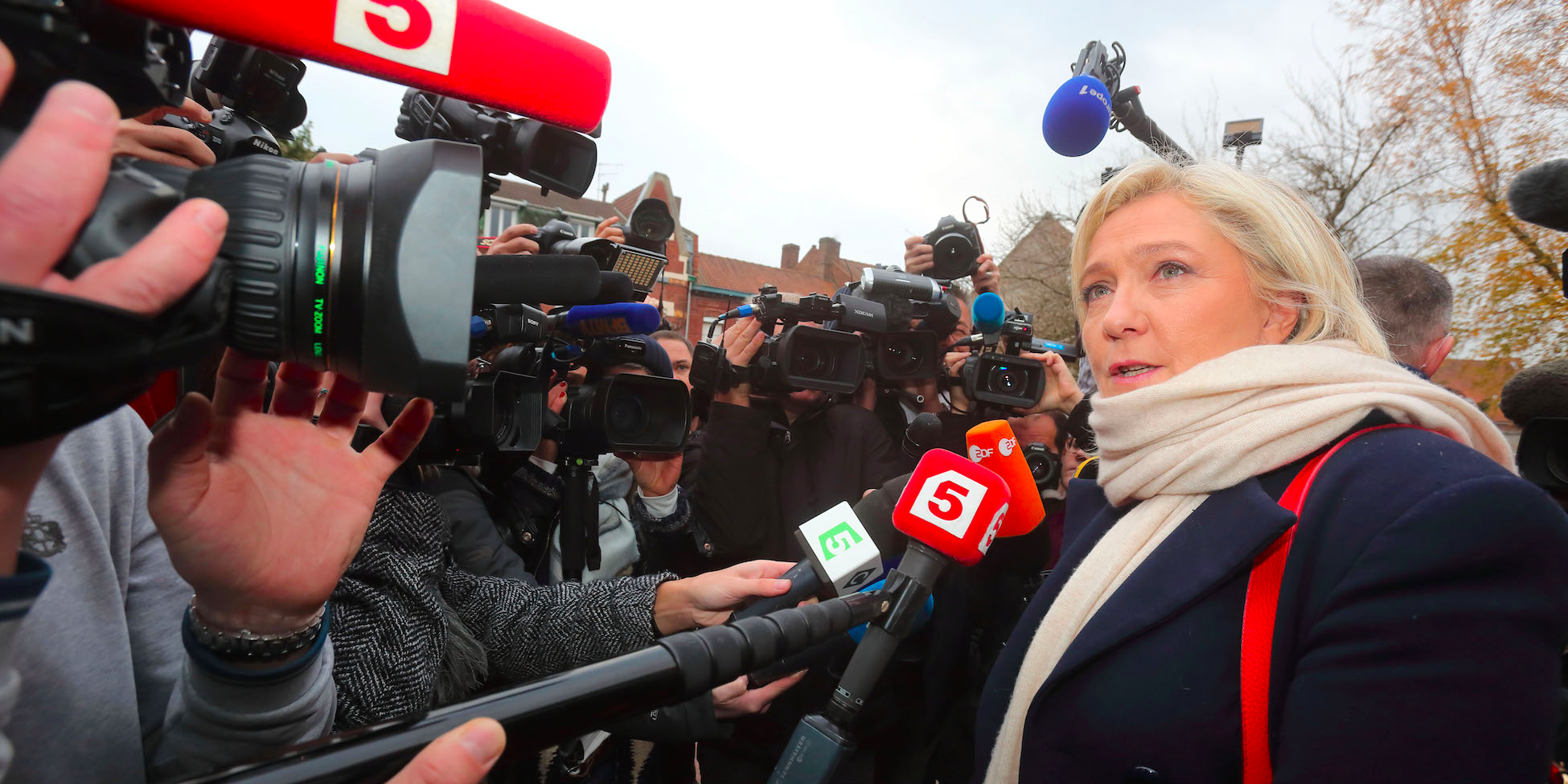2017 could be the year of further political upset.
France and Germany will hold elections while Britain aims to trigger Article 50 and thereby start the formal two-year negotiation process to leave the European Union.
One of the biggest concerns from the markets is whether hard left or radical right-wing, in what Morgan Stanley calls “protest” parties, will gain ground and secure victory.
However, Elga Bartsch and her team at Morgan Stanley wrote in a note to clients saying that while “markets were blind-sided at least twice by political events in 2016,” and that “they might be better prepared to gauge the upcoming political risk events,” radical protest parties are actually losing popularity across Europe and therefore centre-right parties are more likely to gain power in France and Germany.
Here is the key chart:

At first glance, it looks like the latest polls show that the "protest parties" are gaining ground, especially when comparing them to the last election the specific country had.
But the red triangle shows the average of five polls since the election and when you compare the yellow line, it shows that hard left-wing or right-wing parties have already reached their peak and are dropping back.
Morgan Stanley predicts that current German Chancellor Angela Merkel is "likely to be re-elected as Chancellor,as currently no other viable coalition would command a majority of the seats."
"In France, the centre-right Republicans are likely to win the presidential election and become the largest party in the National Assembly. At this stage, we expect the far-right Front National leader Marine Le Pen to lose the second round of the presidential election. While FN will likely be able to increase its number of seats in the National Assembly, its share will likely stay well below the majority," the economists added.

